Whether you’ve recently experienced a mechanical failure or accident that unexpectedly threw you into the market, or have been looking for a vehicle for a while, buying a quality used car can be frustrating. There are a few things you can do to make the process a little easier. When buying a used car, here are some of the top things to consider that will help you make an informed decision.
Who you will be buying from
When it comes to used cars, you can choose to buy from a private seller or a used car dealership.
The benefit of purchasing from a private seller is they will typically offer a lower price with no hidden fees. The downside is most private sales are “as is, where is” so you never really know what you’re getting unless you’re experienced mechanically and know what to look for. In order to prevent the purchase of a lemon when buying a used car from a private seller, always have a mechanic of your choice inspect the vehicle fully prior to purchasing.
On the other hand, there are many benefits when purchasing a used car from a dealership. Dealerships often have websites allowing you to do some research on who you’re buying from; Google reviews and Better Business Bureau are also good resources to see reviews and complaints. Dealer’s websites also often show their inventory allowing you to see if a specific dealer has what you’re looking for.
Dealers offer financing opportunities that may not be available to you in a private sale. Your vehicle will come inspected, cleaned, and ready to roll – often with an option for an extended warranty!
What type of car you’re looking for
Do you want a compact car that’s good on gas? Do you want to go fast? Do you need to haul a lot of heavy things? Will you be going on off-road adventures or carrying a lot of passengers? Spend some time thinking about your lifestyle and vehicle needs so that you can be sure you’re choosing a vehicle that will accommodate you for years to come.
Your budget
Are you looking to buy a used car in cash? How do you feel about financing? After the initial purchase of the vehicle, what type of other costs are associated with maintenance, insurance, and registration for the vehicle? A lot of people forget to account for the monthly expenses of a used vehicle and regret their purchase once they realize how much the associated monthly expenses for the vehicle are.
It can be tempting to go over your budget to purchase that shiny sports car you see on the lot for a good price, but do you need that vehicle or something that’s more conducive to your lifestyle? It’s always in your best interest to stick strictly to your budget – you won’t regret a smart financial decision in the long run.
Test drive the vehicle
When test driving a vehicle, make sure you keep your eye out for a few things and mention any of them you notice to the seller after the test drive:
- Is the steering overly tight or loose?
- Do the brakes feel squishy?
- Does everything work? (Wipers, horn, signals, etc)
- Are there any shakes or vibrations? (Note the speed at which you feel these)
- Do you hear any noises?
The vehicle’s history
Once you’ve chosen a car, depending on who you are purchasing from, it’s a good idea to request or pull your own Carfax report on the vehicle. These reports provide important information about prior accidents, liens, and sometimes even maintenance info on the vehicle you’re looking to purchase. Most dealers will offer you a Carfax on the vehicle you chose without hesitation. Be wary of any seller who doesn’t want to offer you the car’s history or any vehicle that doesn’t have records on file.
Now that you’ve chosen a vehicle that will fit your needs, it’s time to close the deal!
Closing the deal
If you’re purchasing from a private seller, the process is pretty simple; write up a bill of sale with all the vehicle information as well as the price, have both seller and purchaser sign, and off you go to enjoy your new (to you) vehicle! Don’t forget to register your vehicle and activate your insurance prior to going on any big adventures!
When purchasing from a dealership you will always sign a bill of sale regardless of how the vehicle is being funded. There may be some extra paperwork to sign associated with warranties or financing. Once everything has been signed, the dealership will require you to transfer ownership into your name and bring back either temporary registration or license plates, as well as proof of insurance prior to driving off the lot.

